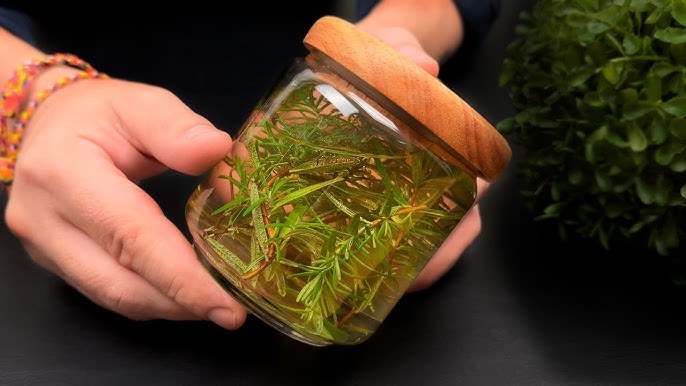ADVERTISEMENT
Varicose veins can be a painful and unsightly issue, but nature often offers effective remedies. Among these, rosemary is an herb with remarkable therapeutic properties that can help manage and reduce the symptoms of varicose veins. This easily accessible herb is not only aromatic and flavorful in culinary uses but also packed with health benefits that you must know about.
Why Rosemary Works
Rosemary is rich in antioxidant and anti-inflammatory compounds, which are key to its effectiveness against varicose veins. The herb contains rosmarinic acid and other essential oils that are known to improve circulation and reduce inflammation. This can help alleviate the pain, swelling, and appearance of varicose veins.
How to Use Rosemary for Varicose Veins
Rosemary Oil Massage:
Creating a rosemary oil infusion for topical application is one of the best ways to utilize rosemary for varicose veins.
Ingredients:
Fresh rosemary or dried rosemary leaves
Carrier oil (such as olive oil or coconut oil)
Instructions:
Prepare the Rosemary: If using fresh rosemary, rinse and dry the sprigs thoroughly. For dried rosemary, ensure it is free from moisture.
Infuse the Oil: Combine the rosemary with your choice of carrier oil in a jar. If you want to speed up the infusion process, gently heat the oil with rosemary over low heat for 2 hours. Do not boil.
Strain and Store: Allow the oil to cool, then strain out the rosemary. Store the infused oil in a dark glass bottle to keep it fresh.
Application: Massage the rosemary oil gently onto the affected areas. Use circular motions to enhance circulation. Perform this massage daily, ideally in the evening, to allow the oil to work overnight.
Rosemary Tea Bath:
Alternatively, a rosemary tea bath can provide therapeutic benefits for the whole body, particularly for varicose veins.
Ingredients:
ADVERTISEMENT
